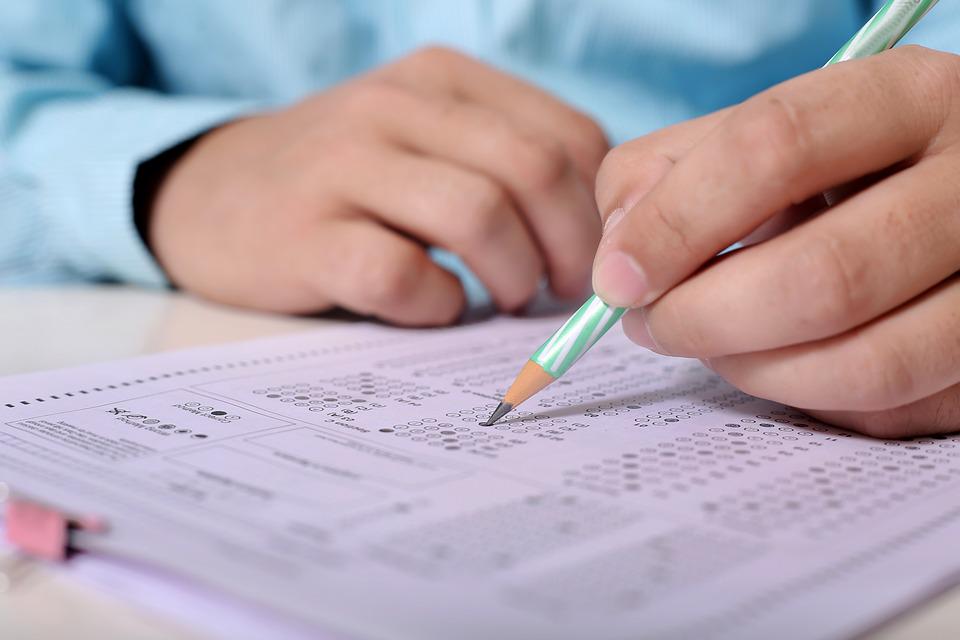Description: Law and Psychology tutor Corrie shares her insight on how students can work towards effective exam preparation.
For many students, the process of sitting for an academic exam is extremely daunting and highly stress-inducing.
According to the National Education Union, recent changes to the educational system in the UK have put more pressure on students to perform under examination conditions than ever before.
Their recent survey found that nearly nine in ten teachers believe their students are now ‘extremely anxious and stressed.

Reports of this nature can support ongoing research suggesting that studying stress surrounding school work and examinations can invoke the fight or flight reactors of the brain.
This can impact students’ capacity to perform.
The underlining question is, how then can a student hope to overcome these challenges and succeed in their exams?
Preparation is Key
Whilst the saying ‘the early bird gets the worm’ is a common phrase, for exam preparation nothing could be more true; the most effective way to overcome the stress and anxiety of exams is to prepare.
This may seem obvious but with the continuous workload that students juggle, it is easy to leave everything until the last
minute and become overwhelmed.
In-Class Note Taking
Exam success begins in the classroom with effective and proper note-taking.
No matter what subject a student is engaged in, ensuring that they have legible, organised and properly informed notes will help them overcome the associated stresses and feel confident in their abilities.

Here are three key pointers for writing good quality notes:
- Follow the teacher’s lead. Throughout lessons, teachers will aim to highlight important information. It will often provide hints as to areas where students can do future research. Making pertinent notes surrounding these pointers will guide students in their independent learning.
- Collect all of the available materials. Additional resources such as handouts and power points will be provided to students throughout the term. Students who collate and refer back to these materials will be able to better build on the gaps in their knowledge ahead of the exam.
- Organise notes in a way that appeals to you. A good indicator of useful notes is to be able to glance at a page and have an immediate overview of the topic.
By utilising colour coding, bullet points and other formatting techniques students can avoid confusion and unnecessary stress when consulting these notes during revision.
Periodical Revision
As examinations are often closed-book and rely heavily on students’ ability to recall information, it is essential that they understand and retain the contents of their course.
In order for information to be converted to long term memory capable of being retrieved, repetition is paramount.
Some Practical Advice Before the Exam
Undoubtedly, mentally preparing is the single most important step for exam success.
However, there are some more practical considerations that will make the process less stressful and thus more academically fruitful for students.

- Sleep well. According to a 2019 study, teenagers and young adults need between 9 and 10 hours of sleep a night to maintain proper study focus.
- Eat well. Proper nutrition keeps the brain working at optimum levels and helps students focus better.
- Take regular breaks. Whilst studying is serious business, students should not see it as a punishment. There are various techniques for break schedules. For example, the Pomodoro technique consists of 25-minute working intervals followed by 5-minute rest breaks.
It is undeniable that the pressures on students to perform during academic examinations are vast.
However, being prepared in the ways detailed throughout this article will help some of the associated stresses.
It can give students the best possible opportunity to show off their skills.
By tutor Corrie. Contact Us




